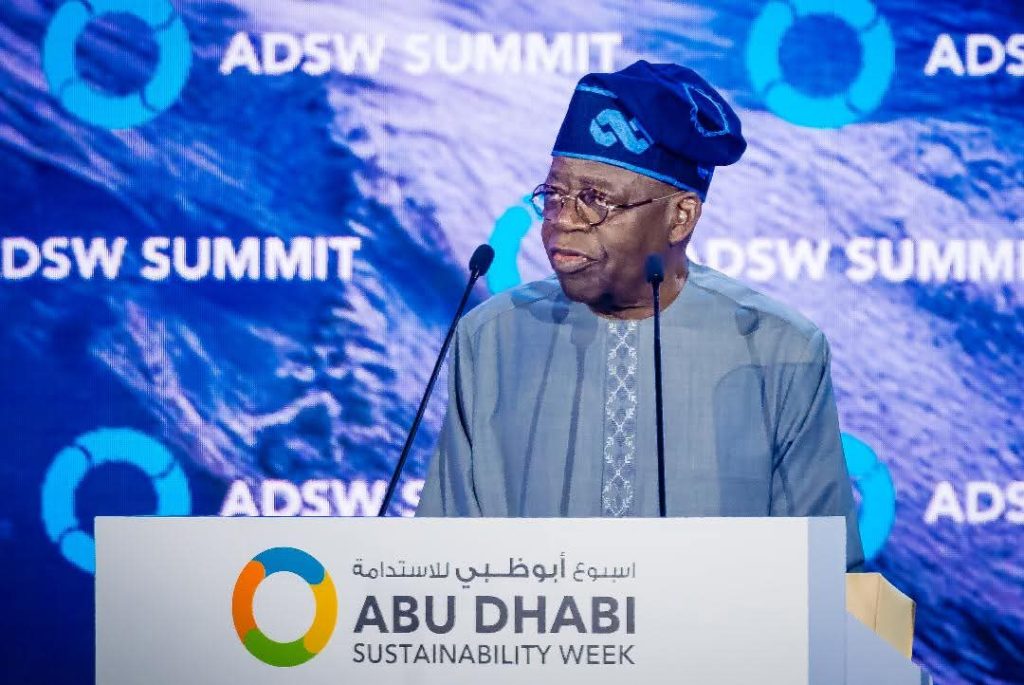Vice President Kashim Shettima attended the 31st Nigerian Economic Summit on Monday, a gathering of top government officials, industry leaders, and other stakeholders. The summit, held in Abuja, brought together notable figures such as Minister of Finance Wale Edun and Minister of Budget and Planning Atiku Bagudu, as well as members of the National Assembly and the Emir of Kano, Sanusi Lamido.
The event, themed “The Reform Imperative: Building a Prosperous and Inclusive Nigeria by 2030,” takes place at a crucial time in Nigeria’s development journey. Recent bold reforms have already begun to shape the nation’s trajectory, and the summit aims to build on this momentum. By forging a consensus on the nation’s reform agenda, the summit seeks to balance stability and inclusive growth, accelerating Nigeria’s transformation and securing a prosperous future for all.
The Nigerian Economic Summit provides a platform for meaningful dialogue and collaboration among key stakeholders. Attendees will discuss strategies for driving economic growth, improving governance, and addressing the country’s development challenges. The summit’s focus on building a prosperous and inclusive Nigeria by 2030 reflects the urgency of addressing these challenges and ensuring that the country’s economic growth benefits all citizens.
As Nigeria continues to navigate its development journey, the outcomes of the 31st Nigerian Economic Summit will be closely watched. The event’s emphasis on reform, inclusivity, and prosperity reflects the nation’s aspirations for a brighter future. With the participation of top government officials, industry leaders, and other stakeholders, the summit has the potential to drive meaningful change and accelerate Nigeria’s progress towards its development goals.
The 31st Nigerian Economic Summit is part of a broader effort to drive economic growth and development in Nigeria. The country has made significant progress in recent years, with reforms aimed at improving the business environment, enhancing governance, and promoting economic inclusivity. As the summit concludes, attention will turn to the implementation of its recommendations and the impact they will have on Nigeria’s development trajectory.



